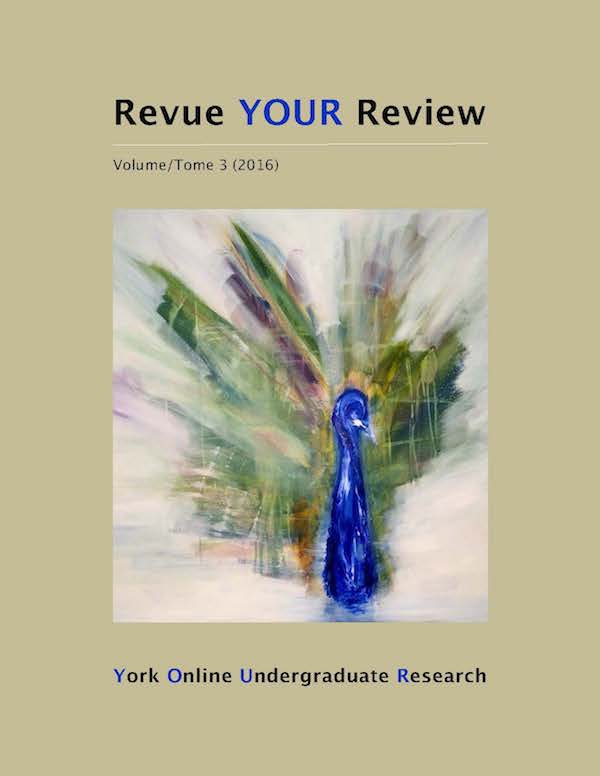Cognitive Behavioural Therapy for Obsessive-Compulsive Disorder
Abstract
Obsessive-Compulsive Disorder (OCD) is an anxiety disorder that causes one to have unwanted obsessions and compulsions. Obsessions are distressing thoughts that tend to arise spontaneously and regularly. Compulsions are repetitive actions and rituals that are executed in an attempt to control the obsessions. Individuals with OCD have little control over their thoughts and compulsions, so the unwanted thoughts and behaviours generate a significant amount of anxiety for these individuals. A common treatment for OCD is Cognitive-Behavioural Therapy (CBT). CBT is an active and behaviour-oriented treatment model. More specifically, treatment involves changing clients’ mindsets as well as encouraging them to make physical changes to their environment. The purpose of this research project was to investigate the benefits and limitations of using Cognitive Behavioural Therapy to treat Obsessive Compulsive Disorder. Based on a review of the literature, the project outlines the benefits and limitations of three specific techniques used by cognitive behavioural therapists: Exposure plus Response Prevention (ERP), Thought Stopping, and Rational Emotive Behaviour Therapy. The general benefits and limitations of using CBT to treat OCD are discussed. Results show that all three specific CBT techniques have been proven effective in treating OCD. However, some limitations, such as failure to maintain therapy gains long-term, were noted. On a broader level, CBT was shown to be the optimal therapy for individuals with OCD. In particular, Exposure plus Response Prevention therapy has proven to be the best therapy technique for individuals with OCD. General limitations, such as the time-consuming nature of CBT for OCD, were also noted.Downloads
How to Cite
Issue
Section
License
Authors contributing to Revue YOUR Review agree to release their articles under one of three Creative Commons licenses: Creative Commons Attribution 4.0 International; Creative Commons Attribution-NonCommercial 4.0 International; or Creative Commons Attribution-NoDerivatives 4.0 International. All editorial content, posters, and abstracts on this site are licensed under Creative Commons Attribution-NoDerivatives 4.0 International. For further information about each license, see:
https://creativecommons.org/licenses/
In all cases, authors retain copyright of their work and grant the e-journal right of first publication. Authors are able to enter into other contractual arrangements for the non-exclusive distribution of the e-journal's published version of the article (e.g., post it to an institutional repository or publish it in a book or in another journal), with an acknowledgement of its initial publication in this e-journal.


